- Home
- Media Systems
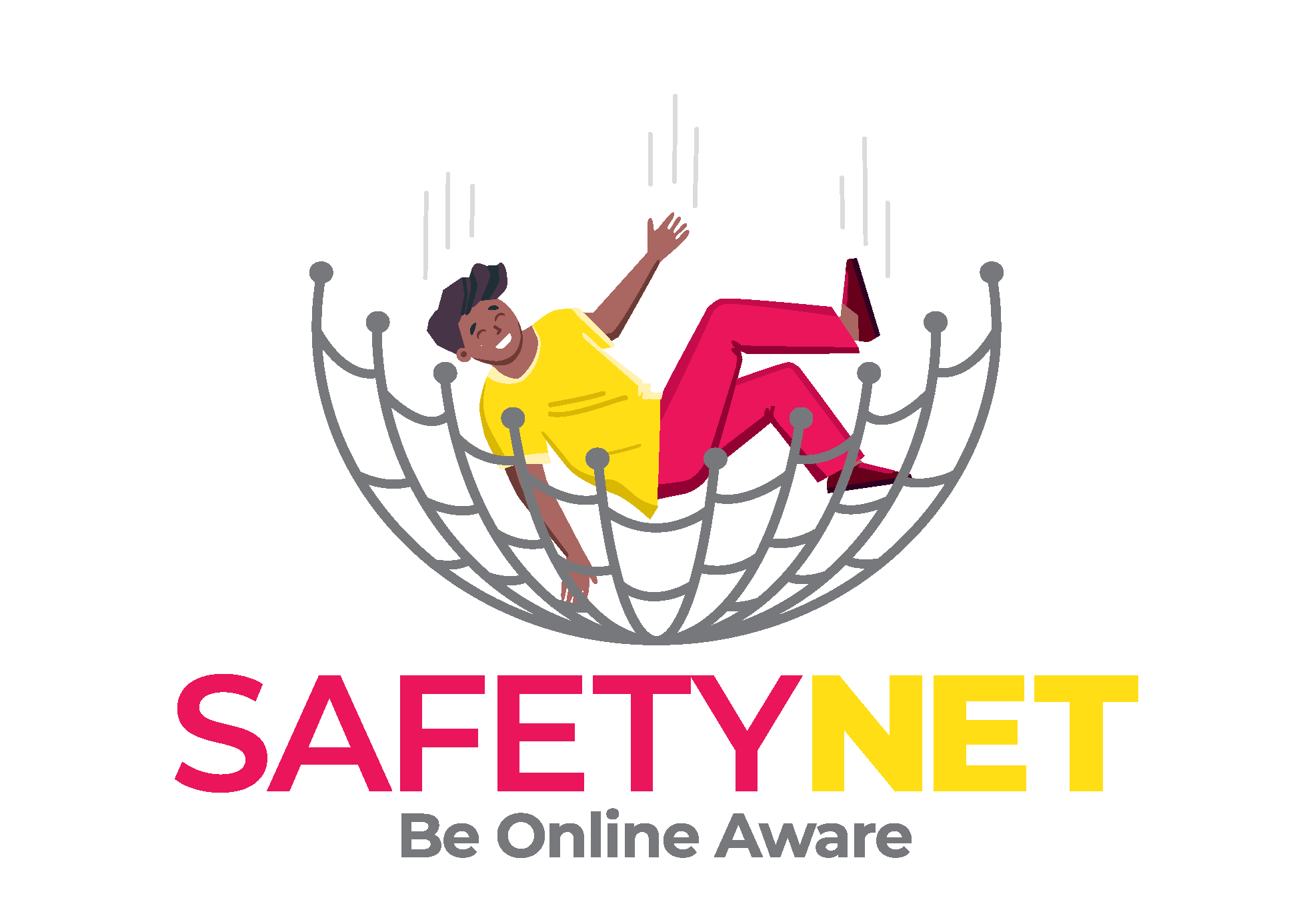
Autism & Hate: Media literacy and neurodivergence
In the UK over 50% of all teenagers at risk of terroristic activity are diagnosed autistic, the rise of the far-right and anti-immigrant sentiment post Brexit have grown considerably, this has combined with the fame of Andrew Tate and the Manosphere. I’d like to talk about how neurodivergent people are susceptible to this kind of messaging and how media literacy can be used as a tool to curb this…
Read More
The Gaza-Israel War in the Media
While we might not be able to solve the violent conflict in the Middle East, we as media educators need to share our practice and be there for our learners. By connecting with our community of learners, asking critical questions, sharing needs and emotions as a group, challenging media representations, and fighting the spread of biases and prejudices, we can better understand, reflect,…
Read More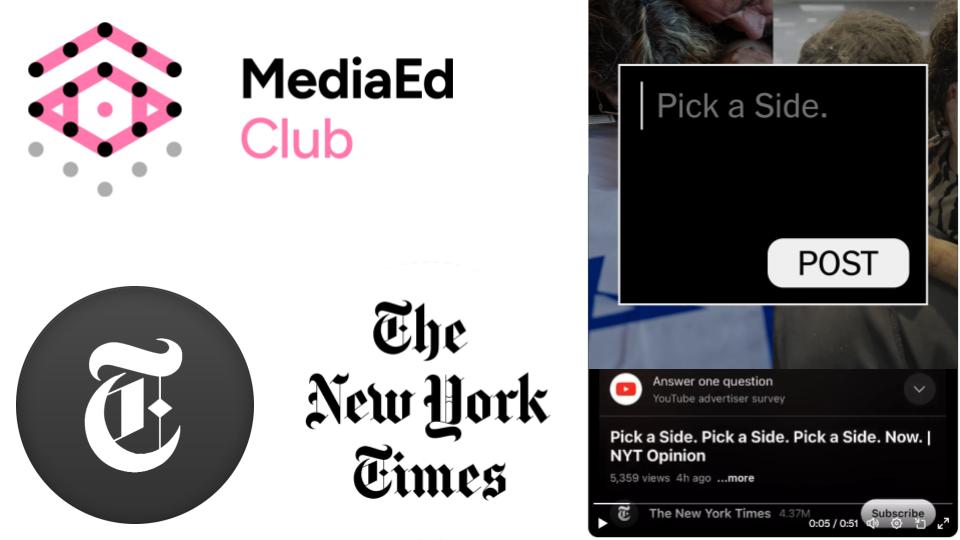
Media Club: Pick a Side. Pick a Side. Now.
In the December meeting of the Media Club, Renee Hobbs will model a lesson from the New York Times Learning Network in a viewing and discussion of "Pick a Side. Pick a Side. Now," a four-minute Opinion video that explores the role of social media in the current…
Read More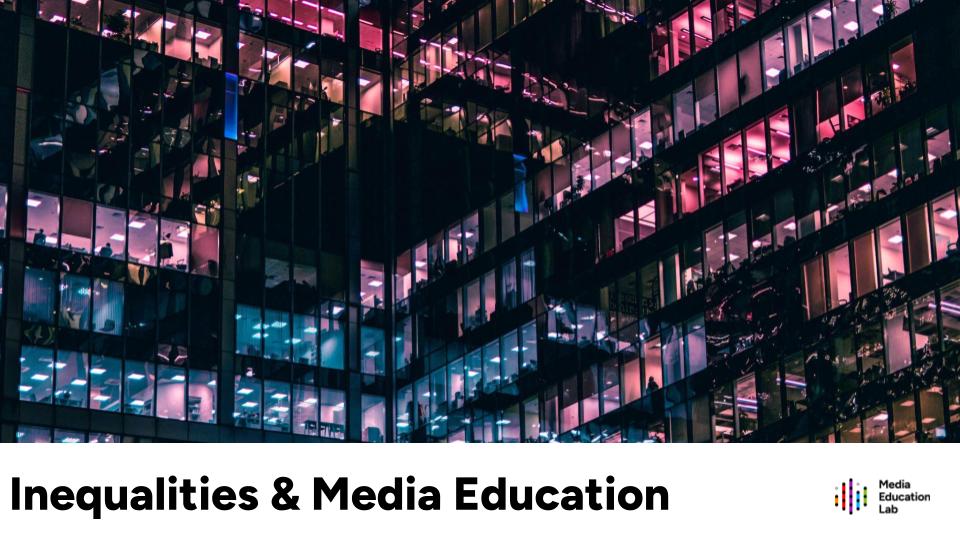
Connectivity & Digital Disruption: The Digital Divide
Read here about our full webinar series on Inequalities and Media Education In this fourth webinar, we will explore the concepts of digital divides from both U.S. domestic and global digital divides. Susan Wiesinger and Ralph Beliveau discuss their new book, Digital Literacy: A Primer on Media,…
Read More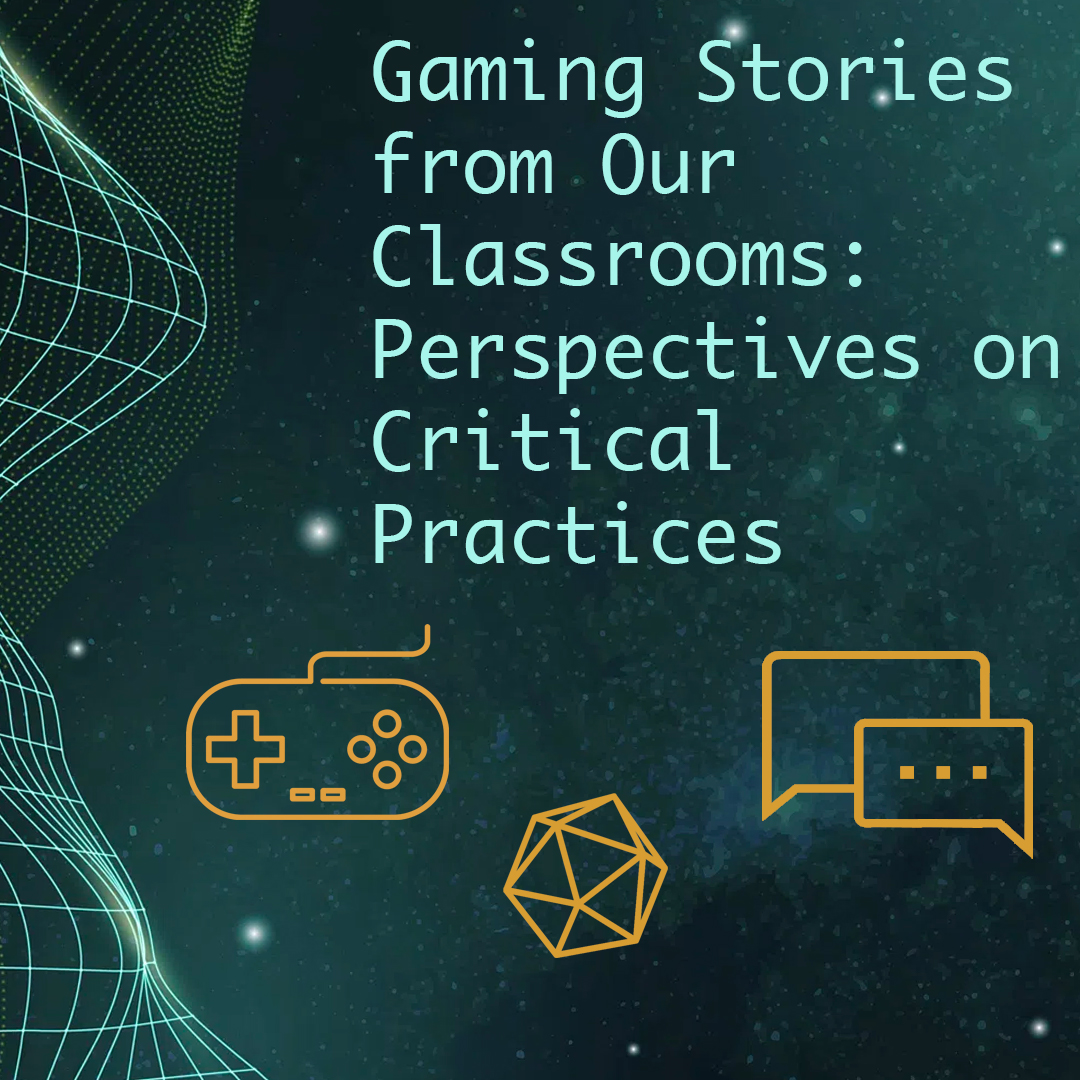
Gaming Stories From Our Classrooms: Perspectives on Critical Practices
WEBINAR DESCRIPTION “Gaming Stories From Our Classrooms: Perspectives on Critical Practices” focuses on educator storytelling around game implementation in school spaces. A panel of teachers with a variety of experiences, from novice to expert (noobs to pro), join researchers from the Literacy Research Association's Critical Gaming Literacies Study Group for this one hour event. Panelists…
Read More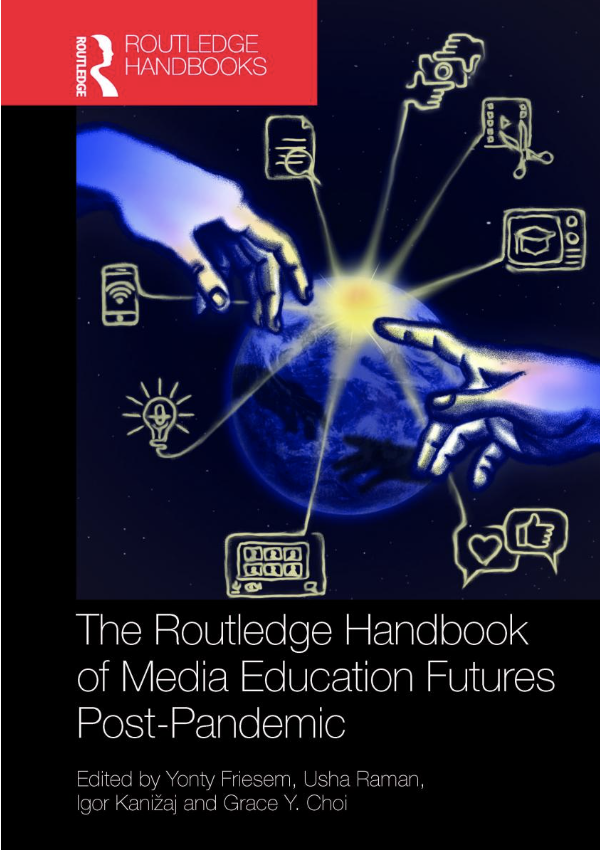
The Routledge Handbook of Media Education Futures Post-Pandemic.
Our team from the Media Education Lab is proud to announce the publication of The Routledge Handbook of Media Education Futures Post-Pandemic. This handbook showcases how educators and practitioners around the world adapted their routine media…
Read More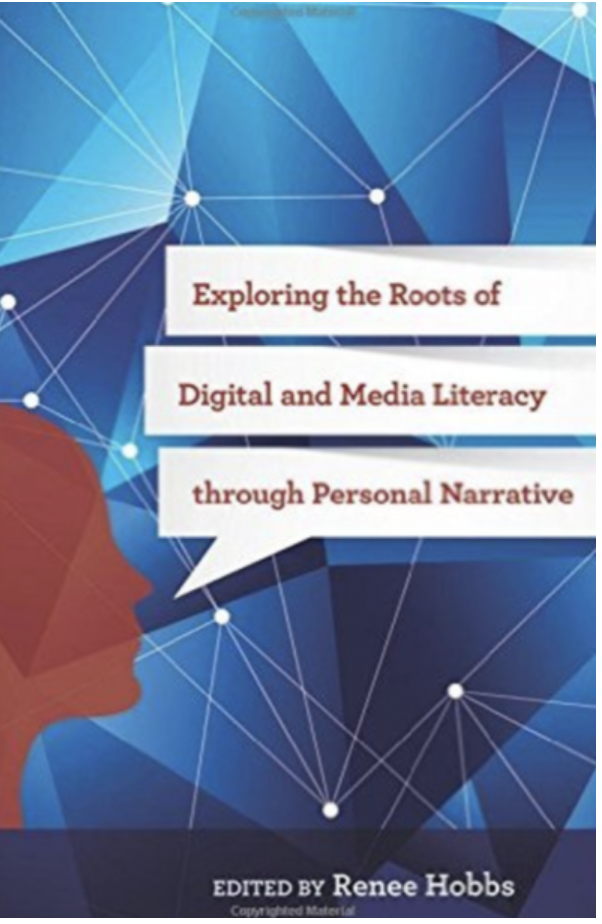
Exploring the Roots of Digital and Media Literacy through Personal Narrative
Explore the multidisciplinary nature of media literacy education It's been said that the lack of scholarship about the history of media literacy has been a source of some of the conflicts and debates among scholars and practitioners. Media literacy stands at the intersection of the fields of media studies and education, and these scholars have divergent perspectives on the past, present and…
Read More
Deconstructing Disney
Deconstructing DisneyThis fun, intergenerational workshop explores what we love and hate about Disney films, characters and brands from the past and present. If you’re a kid, teen, parent, educator or anyone who works with youth, you will learn how people’s knowledge, beliefs and attitudes can be harnessed and expanded for deeper learning through simple instructional strategies. Discovering how…
Read More
Internet: Indispensable or Evil?
OverviewIn these four lessons, students use the episode Adam Ruins the Internet (Season 2, Episode 12) as a starting point to discuss the role of the Internet in modern culture and learn about media policies that shape people’s…
Read More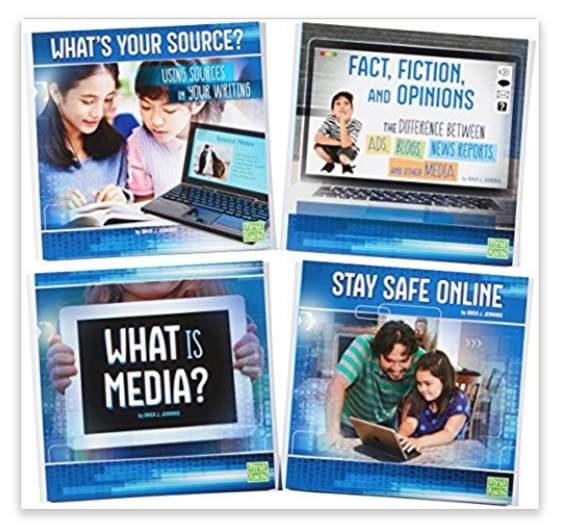
All About Media
It's never too early to be smart about media!Give emerging readers the tools to learn about media, evaluate it, and understand it. Readers will learn essential critical thinking concepts along with important topics such as understanding how to find sources and how to properly source, privacy and Internet safety, evaluating ads and news reports, and determining the differences between facts,…
Read More